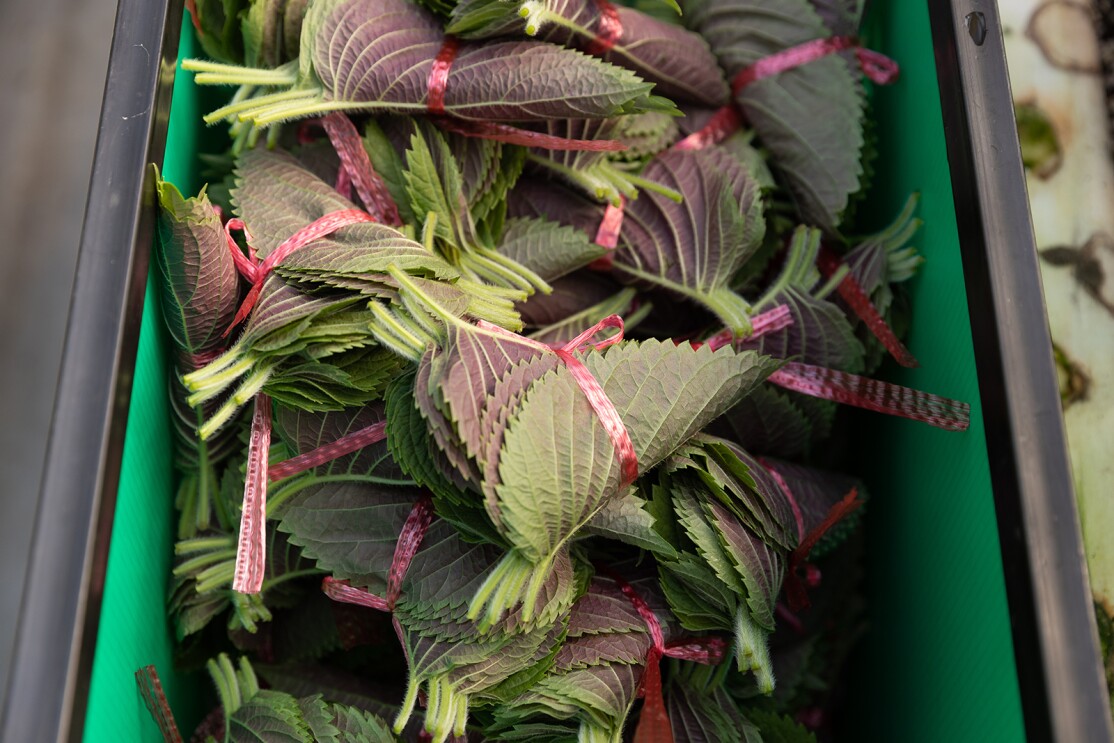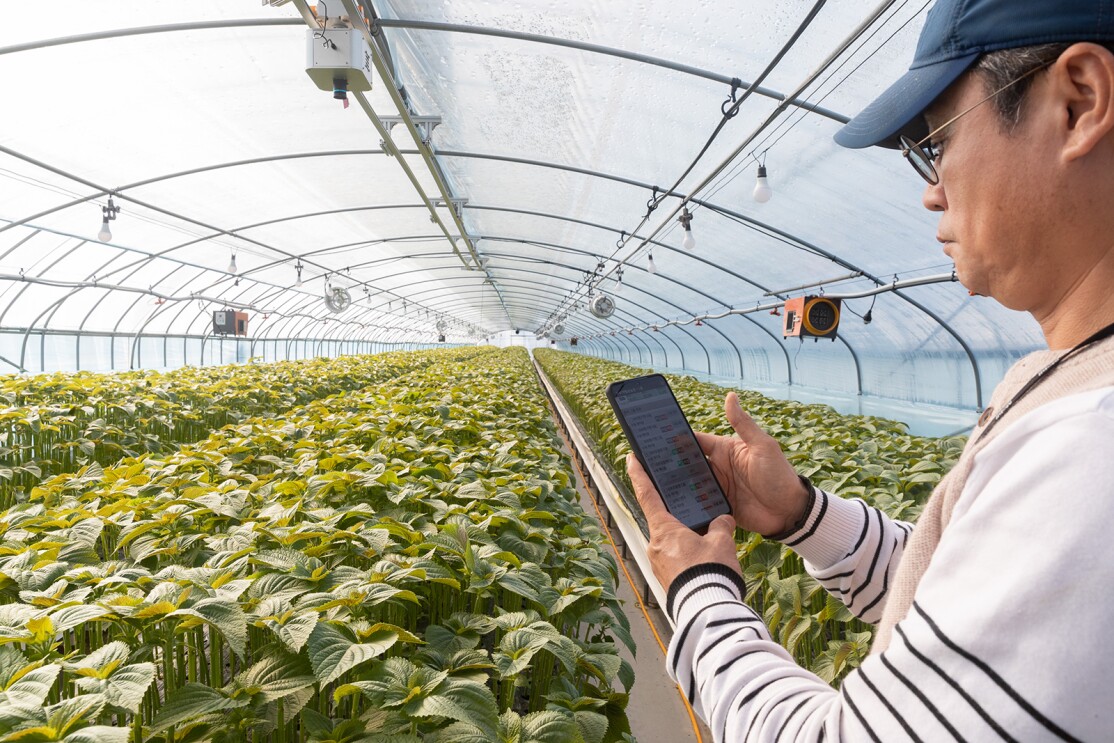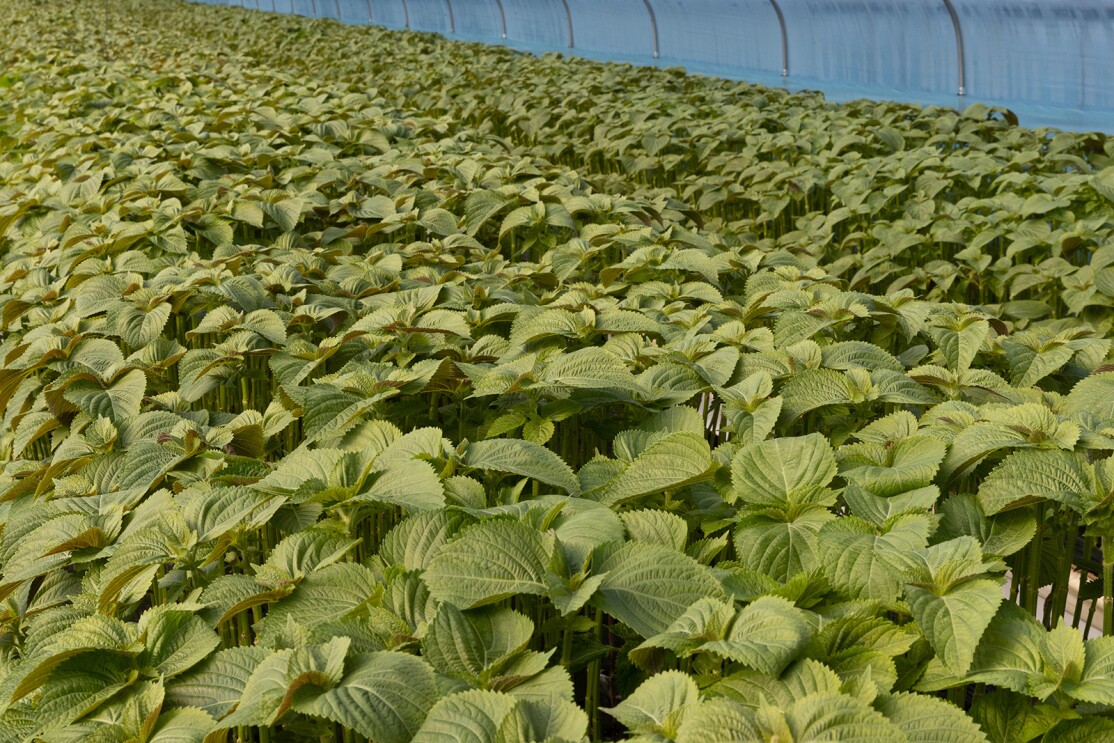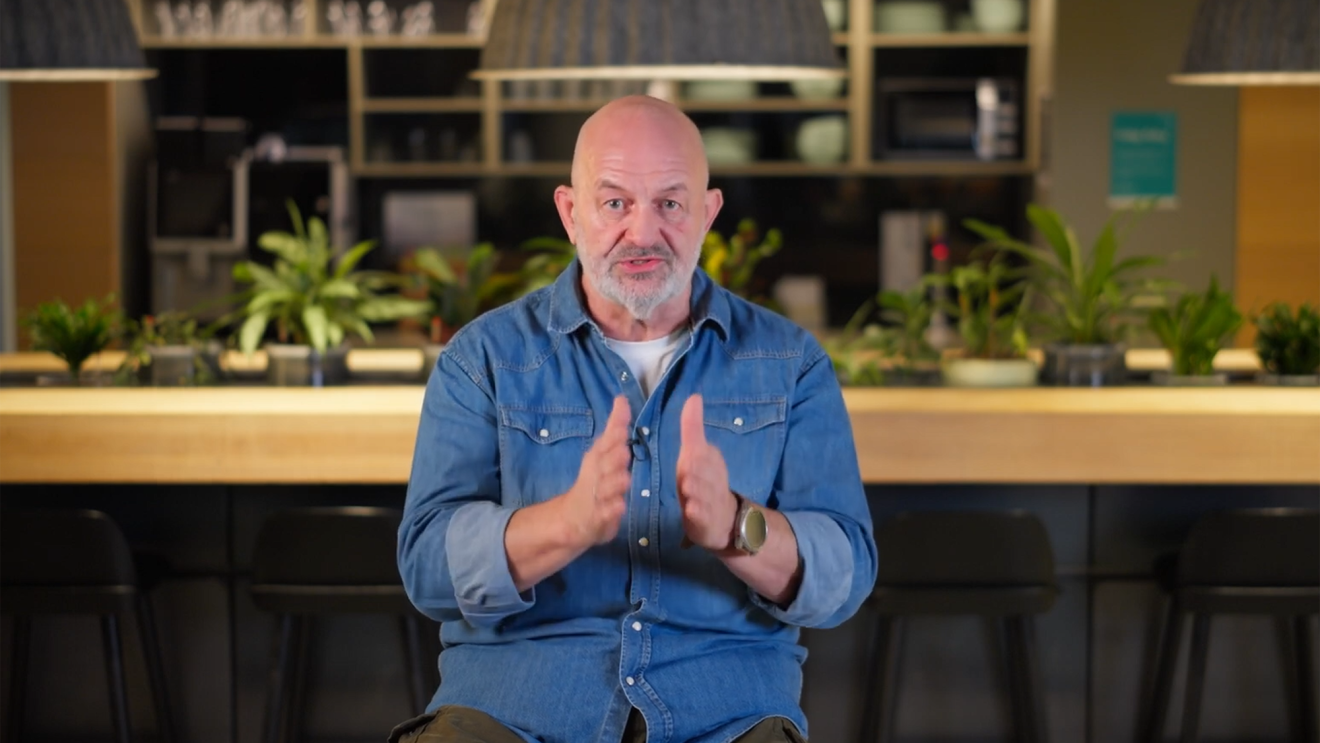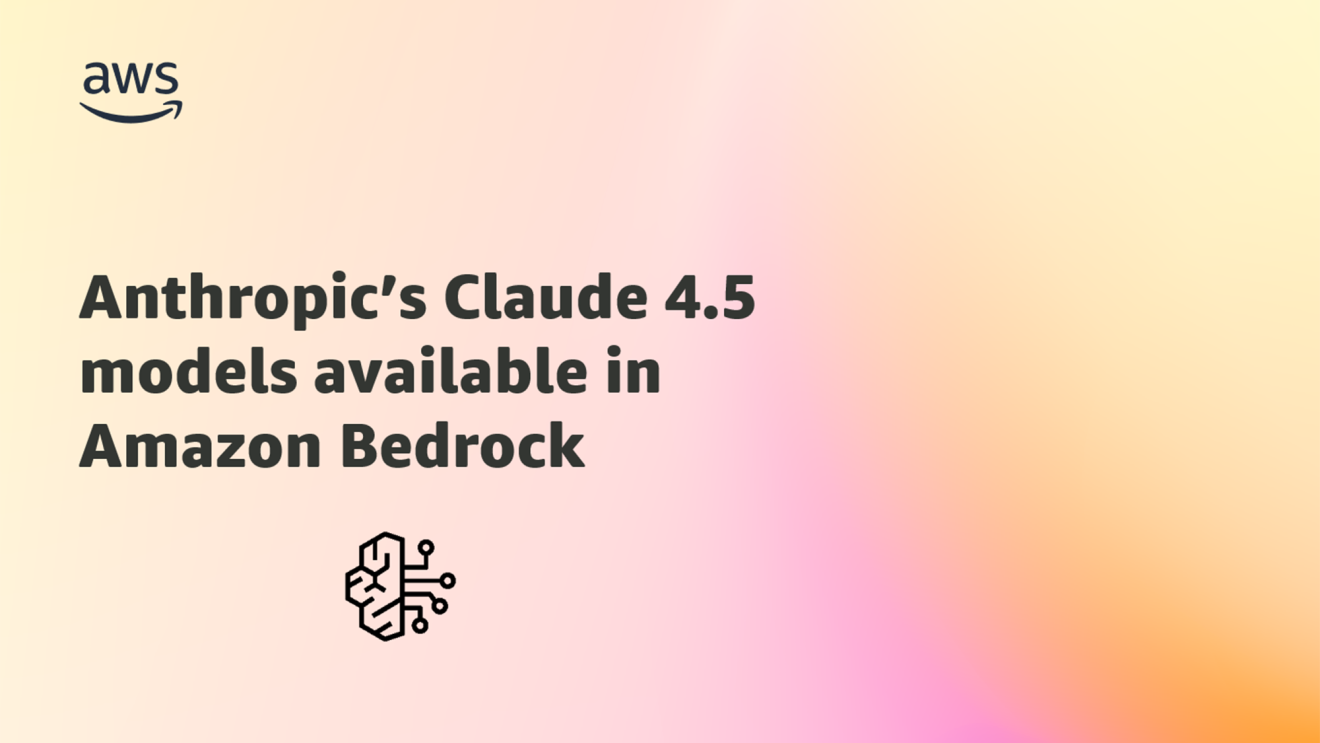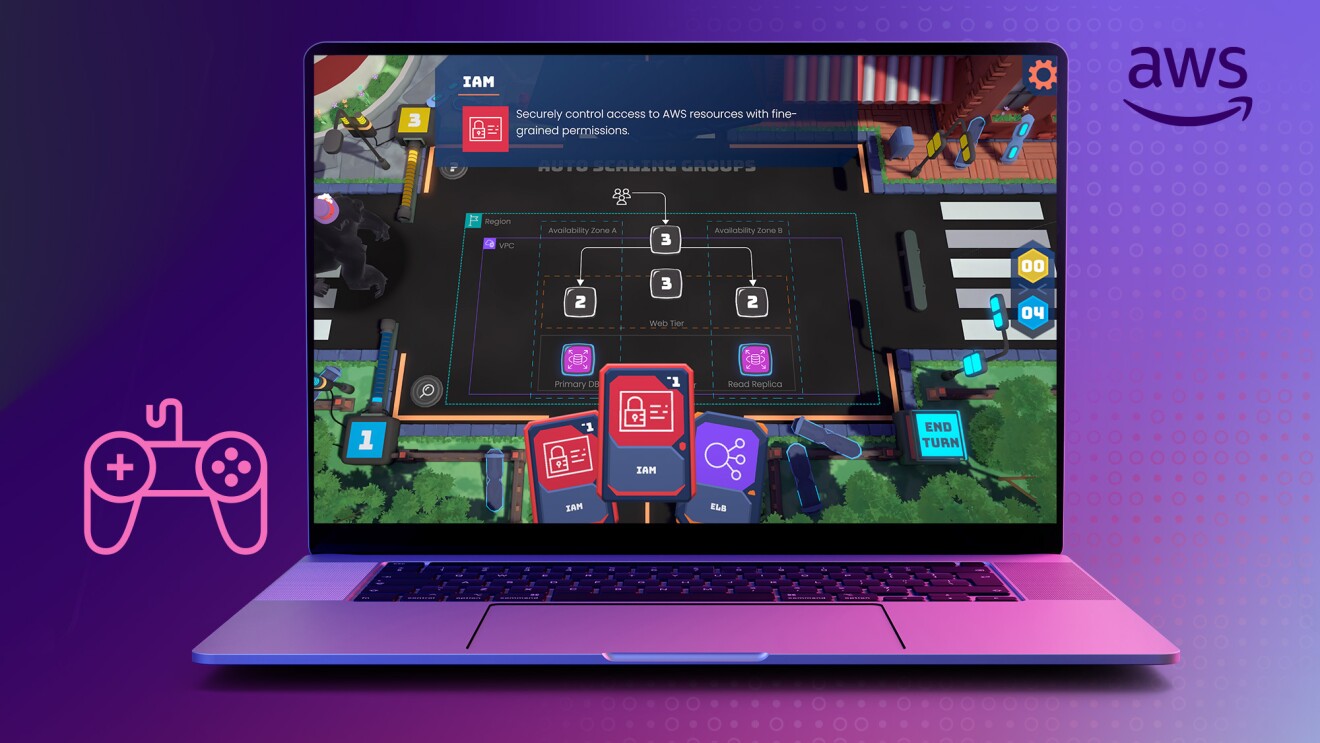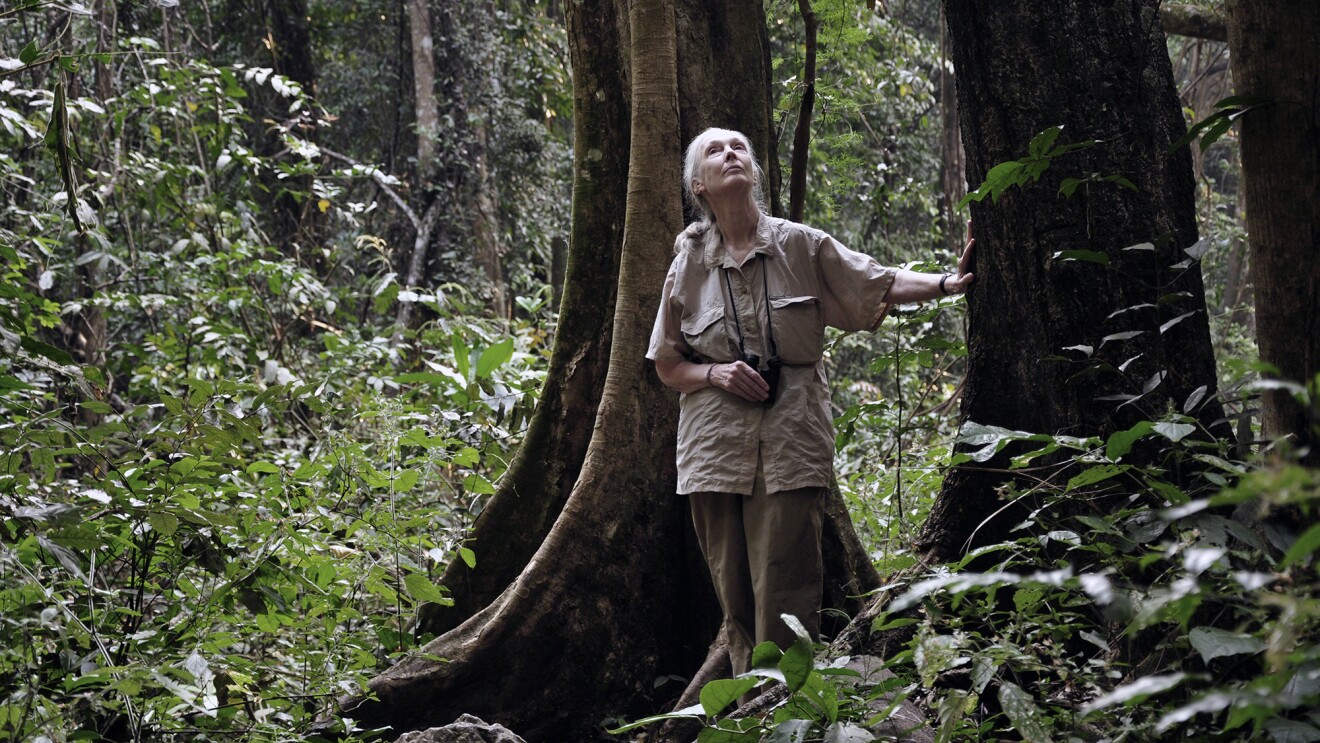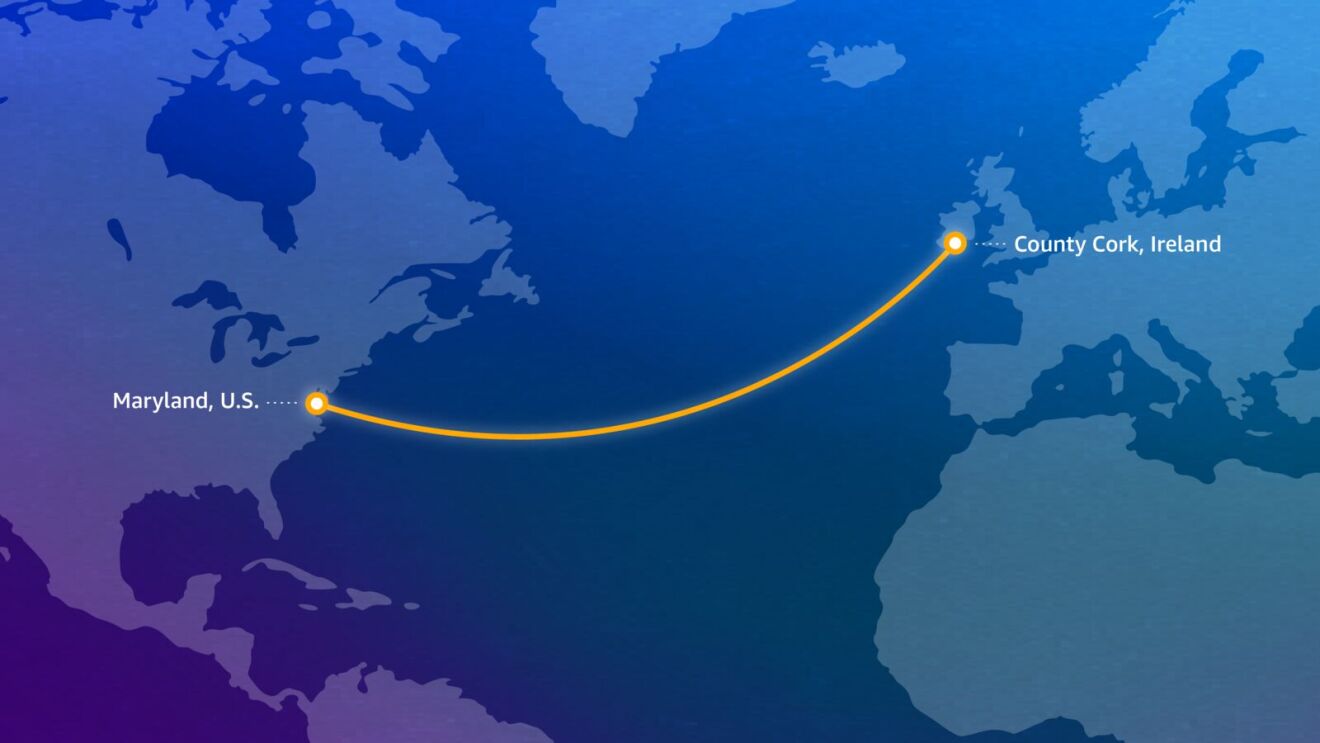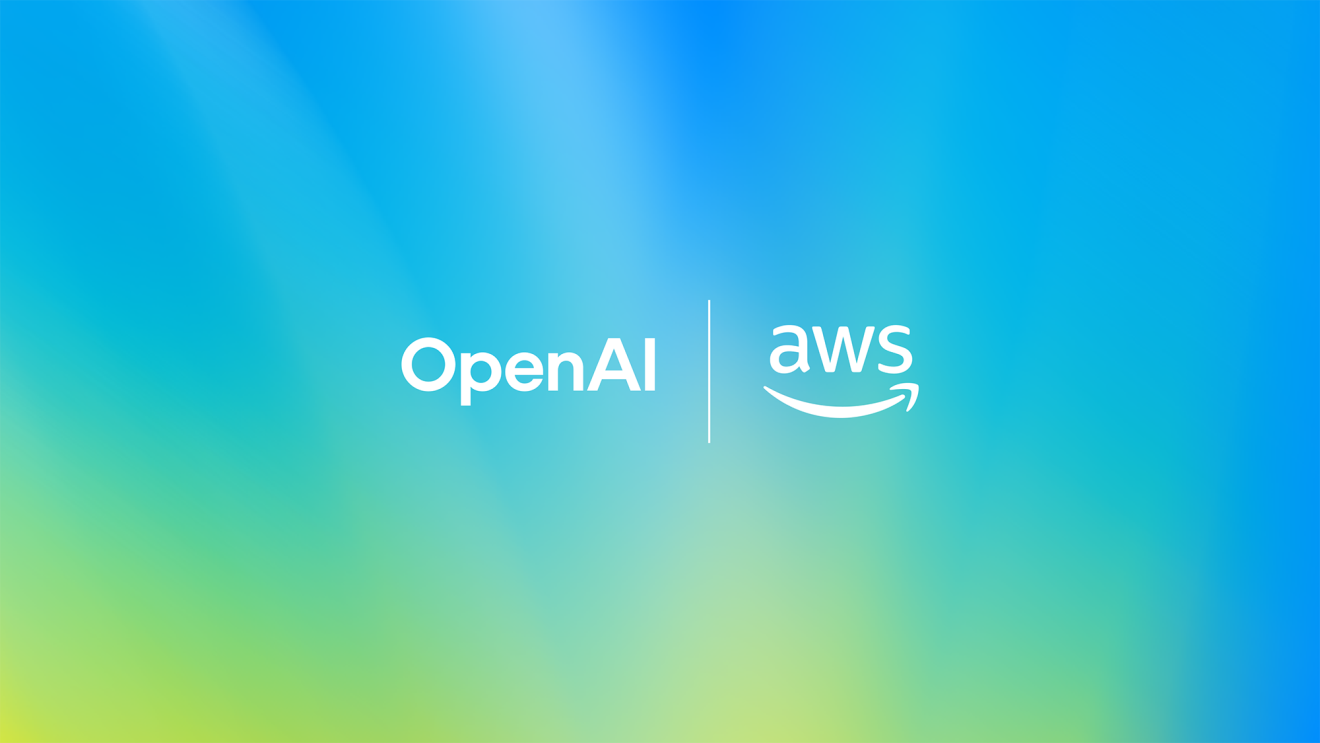Every day, for years, SangYoung Park, a farmer in Geumsan County, South Korea, spent a substantial part of his day going back and forth to his farm’s five greenhouses to open and close the windows.
If you think that sounds time-consuming and repetitive, you’re right—it was. But it was the only way Park knew how to protect his crop from daily variations in temperature and humidity.
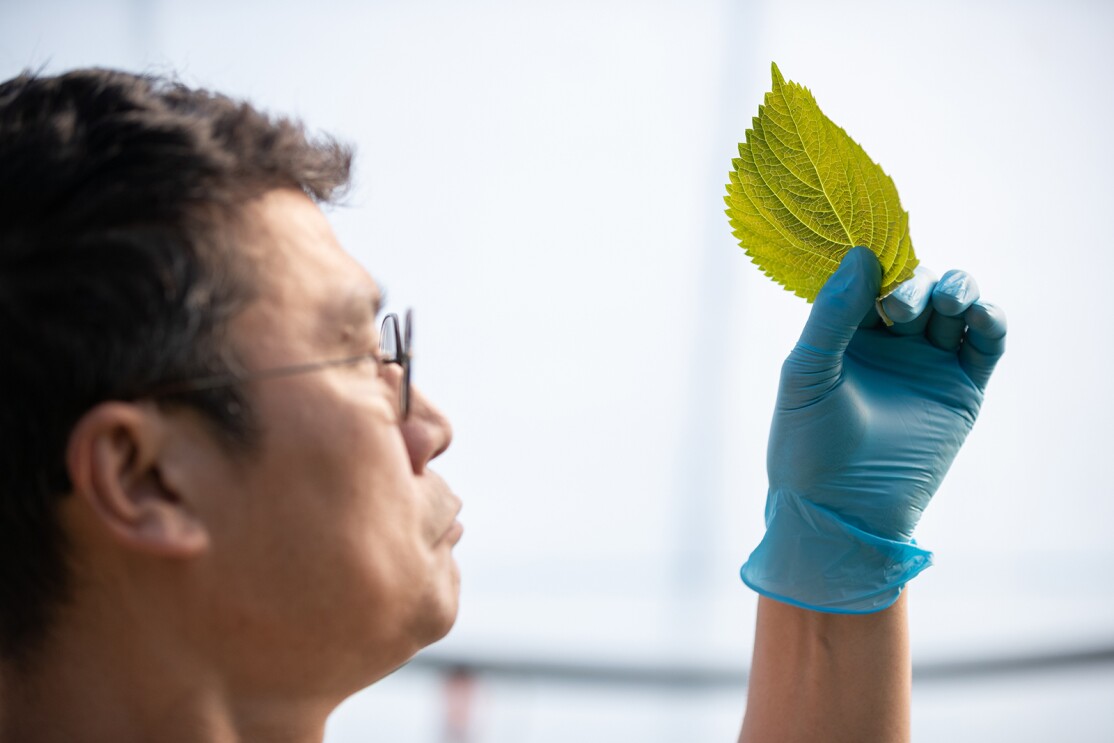 Photo by SeungHwan Jeong
Photo by SeungHwan JeongThis process was also unreliable. By counting on experience, advice from others, and the weather forecasts, Park sometimes got it wrong, and he would return the next morning to find a greenhouse full of wilted plants.
Today, Park is no longer making educated guesses and unnecessary trips to open the windows. In fact, he doesn’t need to do it himself at all. Instead, he receives a recommendation from an app on his smartphone, and then, he uses the app to optimize the ventilation automatically—all thanks to a smart greenhouse system built on Amazon Web Services (AWS) that’s revolutionizing the way he runs his family business.
The tasty crop in question is perilla leaf, a much-loved staple of South Korean cuisine. Anyone who’s tried traditional dishes, such as Korean barbecue, has almost certainly encountered it.
01 / 02
The system that tirelessly adjusts the ventilation in Park’s greenhouses is a technological solution called “G-Smart”—developed as part of a pilot program by Digilog, an agricultural technology startup, and the local authorities in Geumsan County, with support from AWS.
When you enter one of Park's greenhouses, you’ll find cameras moving on an overhead rail, gathering images of perilla leaves, and sensors collecting real-time data on soil conditions, air temperature, humidity, solar radiation, wind speed and direction, rainfall, and other crop-related statistics.
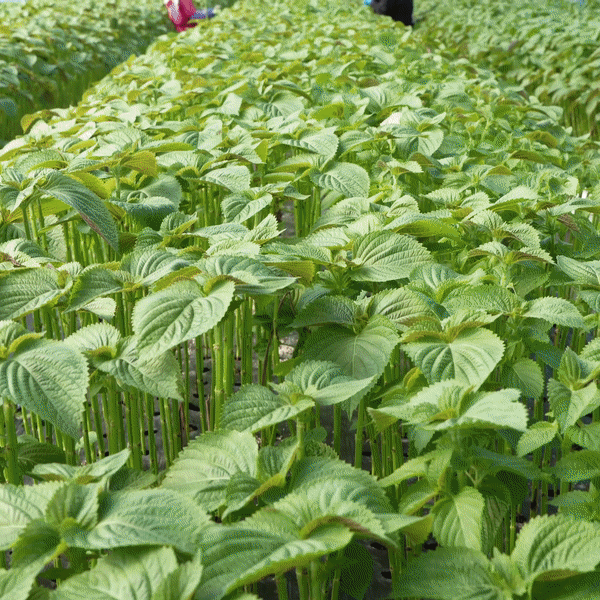
The G-Smart system processes this information using AWS machine learning tools, to gain insights on leaf health and growth, as well as to make predictions on environmental changes and generate recommendations for farmers.
“Many small-scale farmers have limited resources and access to investment,” said HyunKwon Suh, CEO of Digilog—named because its founders want to apply digital technology to the “analog domain” of agriculture for the benefit of farmers in South Korea and beyond.
“The farmers tend to live and work in somewhat isolated environments, and understandably, they can be skeptical about change when they’ve been doing something the same way for 30 or 40 years. We’ve started with a small number of farmers who are open to trying something new. Once we’re able to demonstrate their success, we hope that will encourage more farmers to get involved.”
The program aims to reach almost 2,000 farms in the future, save farmers valuable hours every day, and increase productivity by 5%. Through these efforts, Geumsan County is encouraging widespread adoption of smart farm and intelligent control systems. If it succeeds, the region will become the world’s largest producer of perilla leaf.
01 / 02
As one of the participating farmers, Park has not had to invest in any equipment. The project has funding from the local authorities, including Geumsan County, with the idea being that the pilot will allow the Digilog team to home in on the most significant growth factors for perilla leaf. This means that when brought to scale, G-Smart will only require farmers to spend a minimal amount on installing devices, while maximizing perilla leaf production and increasing income. Ultimately, farmers will benefit—along with everyone’s cooking.
Digilog hopes to adapt the G-Smart solution so it can be used for other types of crops—for farmers in South Korea, then across Asia, and potentially, even further.
“We want to bring value to the thousands of small-scale farmers who are currently excluded from the digital advancement taking place in our cities,” said Suh. “With the development of G-Smart, we’re showing how machine learning can have real, tangible impacts on people’s livelihoods. In the long term, we’d like to take this concept to as many farmers, in as many different countries, as possible.”
For Park, taking part in the pilot has transformed how he thinks about farming.
“At first, it was difficult to adapt, as everything was new to me,” he said. “But the process was easy, and the results, so far, have been really impressive. I now think this kind of technology is necessary for agriculture, if we’re going to keep up with the rapidly changing times.”
Digilog developed the G-Smart solution and is now working to improve it, following a ‘Smart Farm Challenge’ workshop at the Cloud Innovation Center (CIC) in Busan. The center is part of AWS’s global CIC Program, an initiative that brings together nonprofit, education, and government organizations to collaborate on solutions to address real-world problems using cloud technologies.
Trending news and stories


